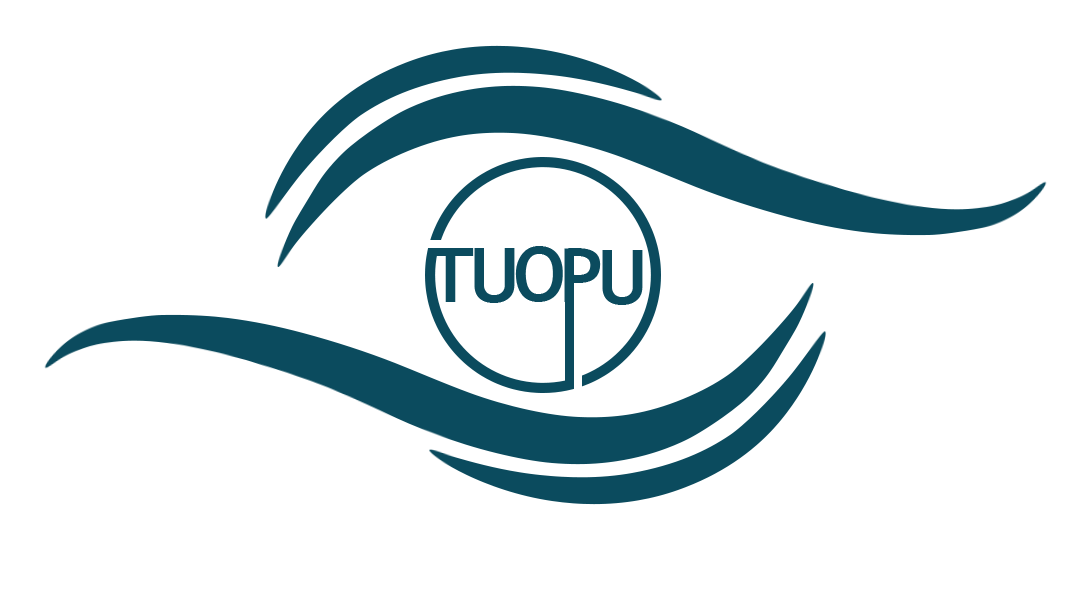Topics to Include for Professional Development
Professional development is crucial for staying relevant and advancing in your career. Here are several topics to consider for professional development:
Pedagogy and Instructional Strategies:
Pedagogy and instructional strategies are foundational components of effective teaching and learning. Explore innovative teaching methods, pedagogical approaches, and instructional techniques to enhance student engagement, learning outcomes, and differentiation in the classroom.
Arrange a NPQ, QTS and Cambridge Facilitation Expert Trainer.
Seeking a professional to train your department and staff through engaging workshops and tailored professional development sessions? Look no further than Tuopu International. Click here: Arrange a NPQ, QTS and Cambridge Facilitation Expert Trainer
NPQs: Learn more
CPD: Learn more
QTS: Learn more
Leadership Skills:
Effective leadership is vital in any role. Topics may include communication, delegation, conflict resolution, and decision-making. Leaders should be able to articulate their vision, goals, and expectations clearly and effectively. They should also be active listeners who seek to understand others' perspectives and provide constructive feedback.
Technical Skills Enhancement:
Depending on your field, this could involve learning new programming languages, software tools, or industry-specific techniques. Assess your current skill set and identify areas where you need improvement or new skills that are in demand in your field or industry.
Soft Skills Development:
Soft skills like time management, teamwork, adaptability, and emotional intelligence are increasingly valued in the workplace. Soft skills development fosters emotional intelligence, which includes self-awareness, self-regulation, social awareness, and relationship management. These skills are critical for managing emotions, building rapport, and navigating interpersonal dynamics in various contexts.
Social and Emotional Learning (SEL):
Explore the importance of SEL skills such as self-awareness, social awareness, self-management, relationship skills, and responsible decision-making. Provide strategies for integrating SEL into curriculum and fostering students' social and emotional well-being.
Classroom Management and Behavior Support:
Offer strategies for establishing positive classroom environments, managing student behavior effectively, and supporting students with behavioral challenges.
Wellness and Self-Care:
Recognize the importance of educator wellness and self-care. Provide strategies and resources for managing stress, promoting work-life balance, and prioritizing self-care practices.
Parent and Community Engagement:
Explore strategies for building positive relationships with parents, families, and the community to support student success and strengthen school-home partnerships. By implementing these strategies, educators can strengthen parent community engagement, build positive relationships with families, and create a supportive learning environment where students thrive academically, socially, and emotionally.
By incorporating a variety of these topics into professional development offerings, educators and professionals can enhance their skills, stay updated with best practices, and meet the evolving needs of their students and communities.
Ready to Join Our Educator
Learning Community?
Simply sign up for our educator learning program today and take the first step towards becoming a more effective, confident, and empowered educator!





